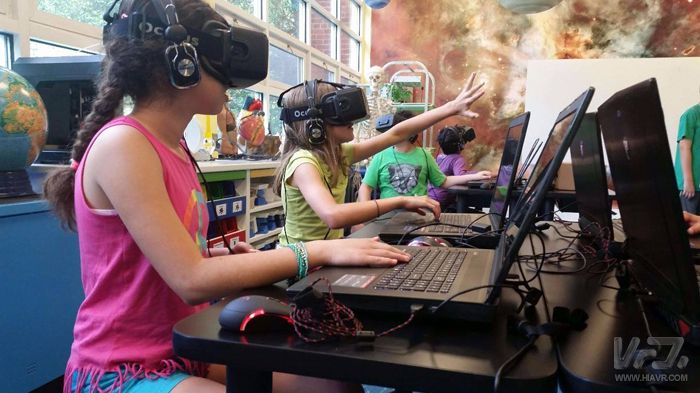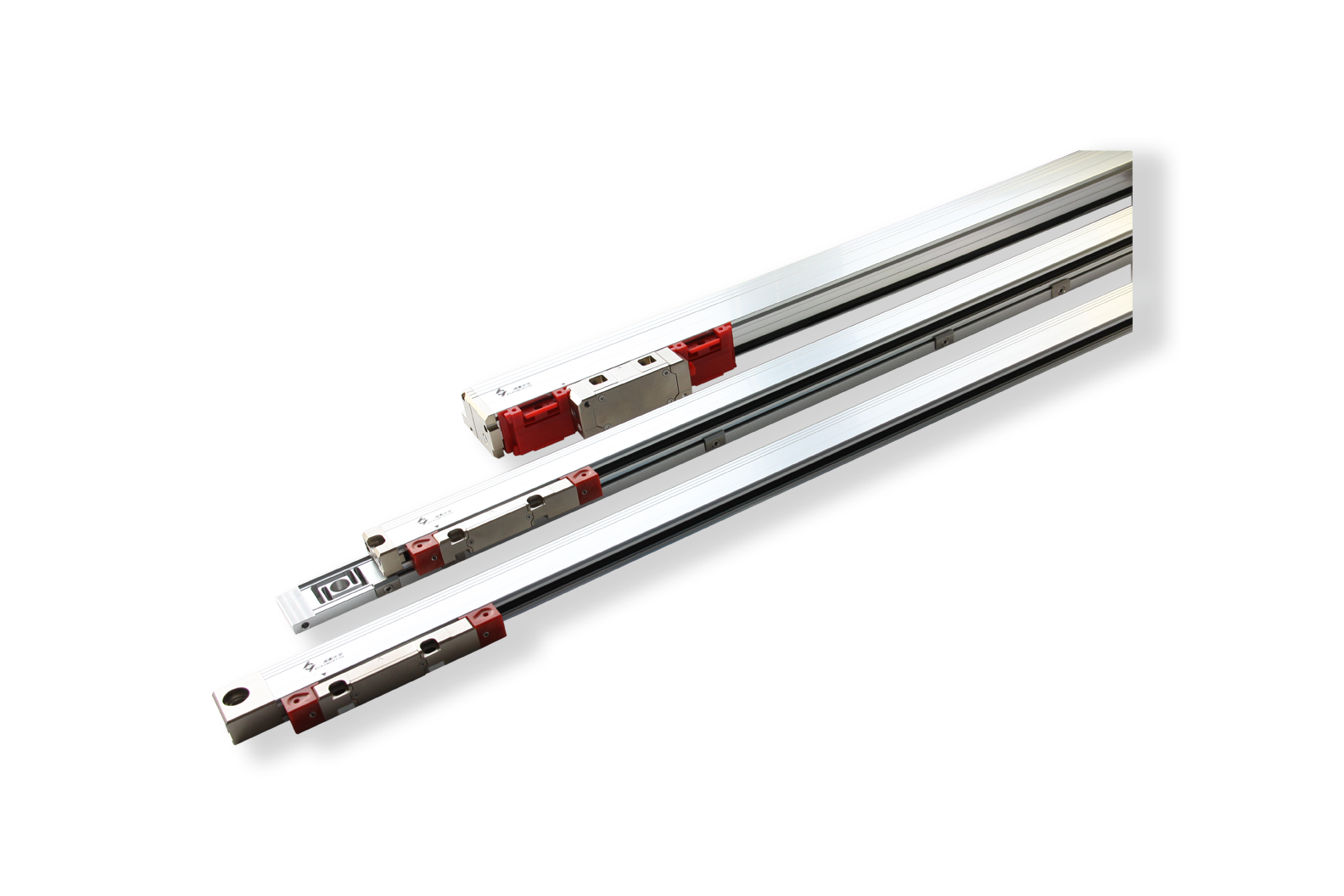At the moment, "Internet + education" is a hot topic. With the constant innovation of new technologies and new equipment, the way of learning and the connotation and extension of education have undergone great changes. However, under the complex “Internet+†model, how do we find out the direction of “Internet+education†when the Internet education platform and institutions are booming? Recently, in the third “Internet+education†innovation In the week, experts and scholars discussed this.
The superiority of "Internet + Education" is naturally beyond doubt. “The Internet-based teaching model represented by museum and micro-curriculum breaks through the limitations of learning time and space and enables the sharing of curriculum resources, which contributes to the realization of educational equity and promotes the balanced development of quality education.†As the Chinese Education Society President Zhong Binglin said that the Internet has become an important force in changing education.

However, many educational institutions now do "education + Internet" rather than "Internet + education" in the true sense. Cao Zhixiang, director of the Education Equipment Research and Development Center of the Ministry of Education, said: “We have seen a lot of e-learning or e-learning, superficial learning is obvious. 'Internet + education' seems to be just turning the teacher’s chalk board into a lecture courseware. Simple information browsing In fact, the mechanical operation and practice are still only memorized repeatedly and do not train students' sense of innovation and ability to solve problems."
“Music lessons are an important form of internet innovation courses, but we have also found that although there are large-scale online visits to MOOCs, there is no large-scale online learning, and there are issues such as shallow learning, high dropout rates, and low retention rates. Yu Shengquan, deputy director of the Department of Education of Beijing Normal University, believes that the reform of the Internet curriculum should not only focus on content construction, but also focus on the design of learning activities that promote students' learning and engagement. “Specifically speaking, it is through the design of 'accepting secondary schools', 'linking secondary schools', 'reconstructing secondary schools', 'comparative secondary schools', 'reflection secondary schools', 'exchange secondary schools', 'situation secondary schools' and 'creating secondary schools' and various levels of learning activities. Promote learners' acceptance, participation, and contribution to achieve deep-level learning."
Where the students are, where the learning will be extended; what the students think, how should the teaching methods change? In fact, “Internet Plus†is an opportunity and a challenge for education. In the face of the young people of the digital age, education must use new ways of thinking to guide and adapt students. In the Internet mode, learning is no longer just a process of presentation, reception, and feedback, but a new process of cognition. The construction of the courses is no longer just for teachers and students. It needs to pay more attention to schedule design, user experience, and social participation.
“The data shows that in recent years, the number of start-up companies in the educational technology industry is growing at an average annual growth rate of around 50%, of which the number of online education projects currently exceeds 3,000.†Yang Zhongguan, general manager of Beijing Zhongguancun Internet Education Technology Service Co., Ltd. Yang Dan said: “The increasingly fierce competition in the field has forced us to pay more attention to the innovation of curriculum design and learning methods, rather than stay in the fancy multimedia presentation or shallow imitation and feedback.â€
"Internet education companies should follow the laws of education and market laws." Zhong Binglin pointed out that in the increasingly fragmented Internet education service market, each company must first of all focus on its own positioning, according to the specific user market, improve the quality of research and development of online curriculum resources. To form a differentiated product. Secondly, we must study the evaluation criteria and supervision mechanism of Internet teaching, use the big data technology to timely feedback learning effects, and strengthen personalized services so as to improve students' initiative, self-discipline, and completion rate of elective courses. In addition, the application mechanism and business model of internet education companies must pay attention to the principle of adherence to public welfare while providing quality services.
In the application of new technologies, "VR + education" is a new wave. This kind of virtual reality technology can make every student stand in the center of the classroom and become the focus of teaching. Cao Peijie, deputy director of the Future School Laboratory of the Chinese Academy of Education Sciences, said: "The future education is to a large extent manifested in respecting individual differences. If 'VR+ education' can simulate different teaching environments, teaching structures, and instructional design, It is truly centered on every student to provide personalized and private customized teaching services for different children. The prospect of 'VR+ education' will be considerable. Of course, this is still at the early stage of exploration, and further technical breakthroughs are still needed. .

Absolute Linear Encoders,Custom Absolute Encoder,Rotary Encoder Magnetic,Miniature Absolute Encoder
Yuheng Optics Co., Ltd.(Changchun) , https://www.yuhengcoder.com